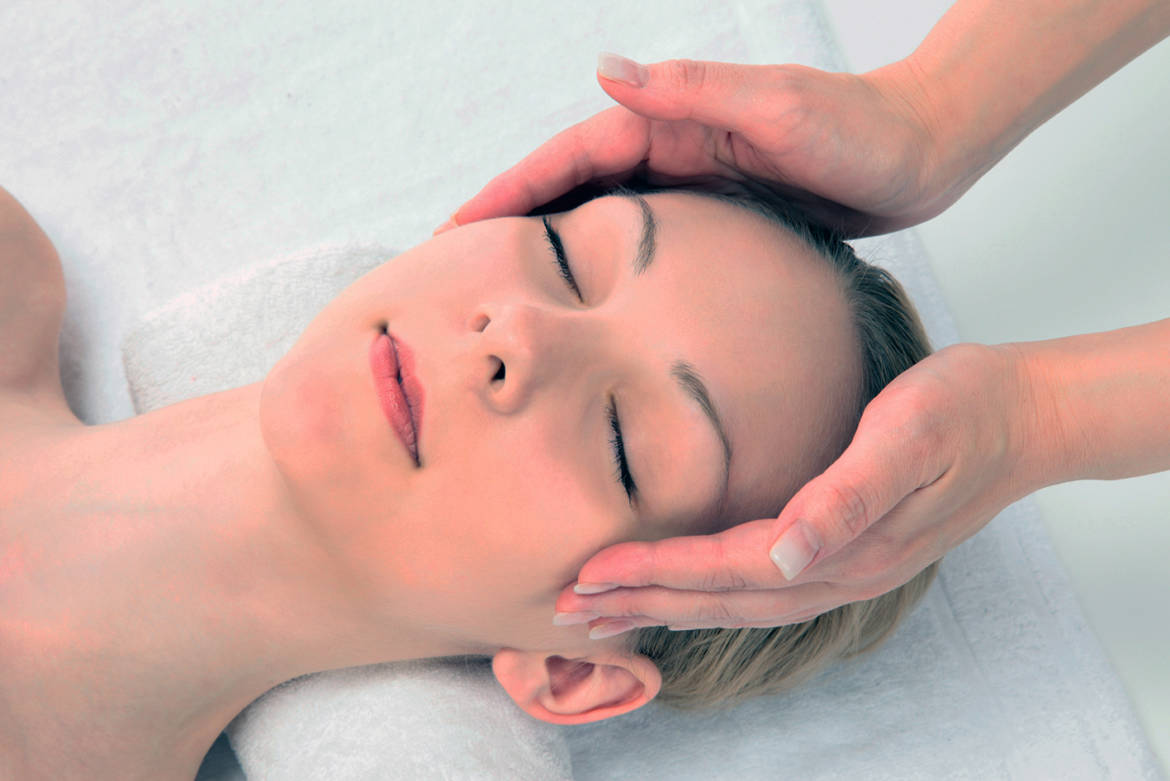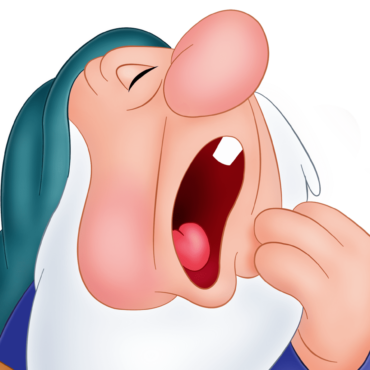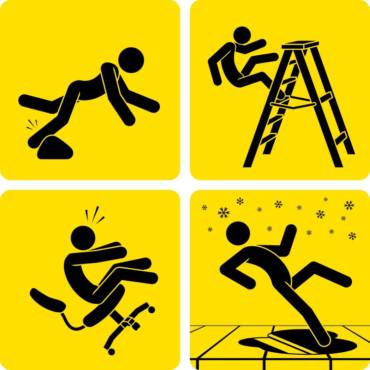Massage and Depression
How do you know if you’re depressed as opposed to just really sad? Well, from readings, depression can be classed into different types; situational, family of origin, moderate, severe and chronic. Obviously these classifications indicate some sort of time reference attached to them. What I wonder though, regardless of how long or whichever “category” a depressed person is in, is there a familiarity about it that all types of depression “feel” the same?
We all know what sadness is and we feel this way from time to time because it’ll be in relation to it being about something. Depression, as I think of it, is a feeling of misery about everything over a prolonged period of time regardless of a change in environment or circumstances. Treating depression can come in the form of medication and/or psychotherapy. As for massage, it can contribute to the treatment of depressive symptoms and not the cause. I can only make comments from the perspective of a massage therapist, creating a physical plan for someone suffering depression.
The goals of a relaxation massage are to reduce stress and anxiety, promote a restful night’s sleep and circulation around the body. On top of these, I’ve had clients comment a relaxation massage puts them in a meditative state and addresses their energetic challenges. Energetic challenges? No, I’m not talking about the spirit world and the ways of the universe. I’m talking about the feelings of lethargy, sluggishness, being drained of the energy that prevents you from feeling joy and instead sets the tone for the rest of your day. Although relaxation massages can be defined as verbatim, it can also be revitalising by resetting the tone of your energy levels.
Apart from a relaxation massage, you can look at treating depression from a postural standpoint. Common findings amongst people with depression is a tight diaphragm/abdominal arch, their shoulders are slouched and rolled forward, almost a “sunken” look. As a massage therapist you’d want to focus treatment on the abdominal area and diaphragm and around the neck and shoulders. Funnily enough, the most common areas where people hold their stress are the neck and shoulders and/or their stomachs tighten up. Your body isn’t going to lie to you when you’re feeling stressed.
Massages only help depression by assisting in managing its symptoms. It should not be taken as a cure for its cause. Moreover, the more frequent the massages, such as weekly treatments, the better the sense of balance and quality of rest you’d feel if suffering from depression. Or the daily grind.
“Massages for Camberwell, Caulfield North and Malvern”




